Psychogram China
Formative values and ideology of a world power
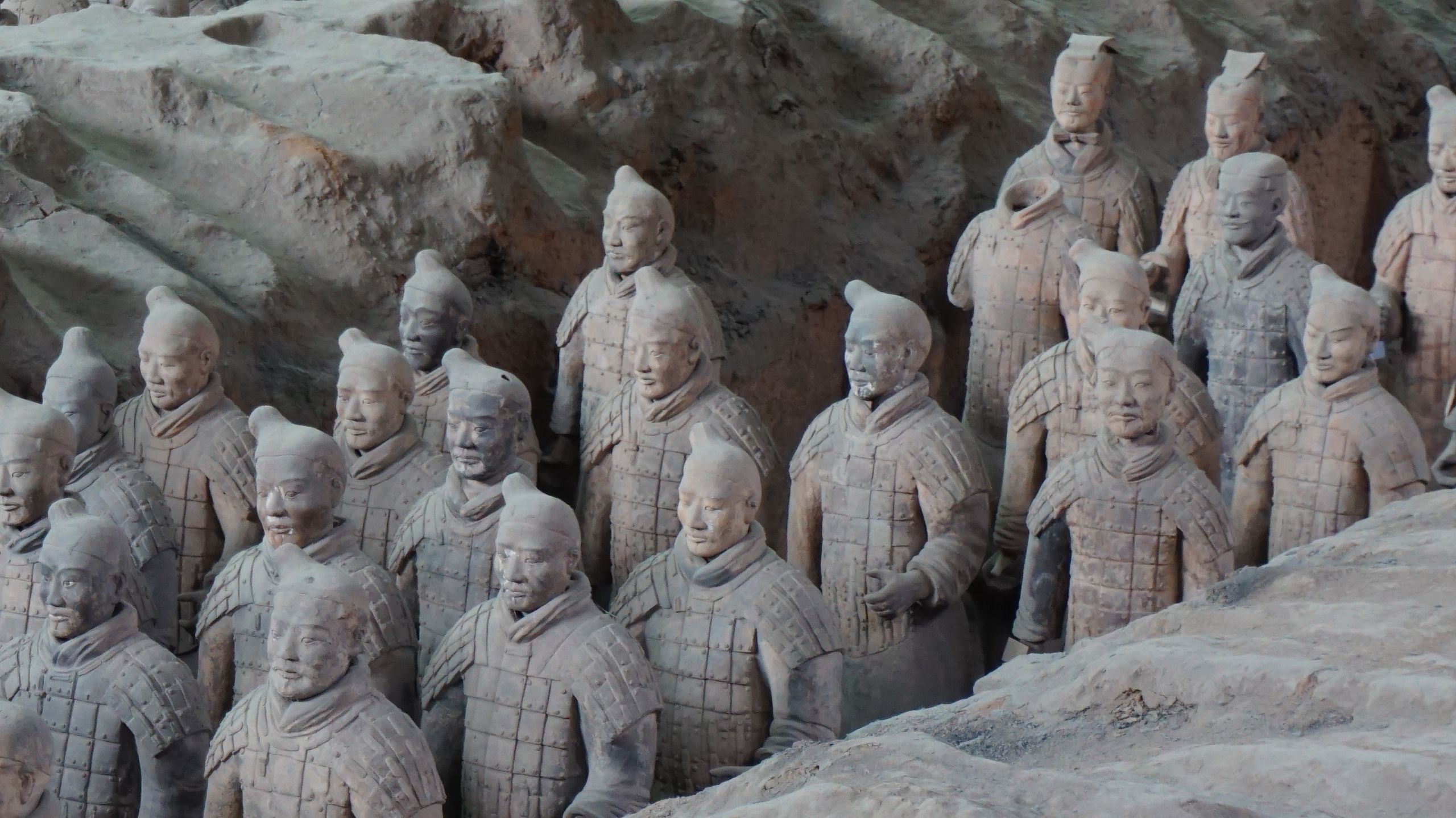
No one can doubt that the world is currently undergoing the most momentous upheaval since the end of the Cold War. The caesura, which has been accentuated by the Covind-19 pandemic in 2020 and 2021, marks, at least in Asia, the transition from Pax Americana to the hegemonic power of China.
The redimensioning of U.S. influence in the world, and particularly in Asia, was unleashed by President Donald Trump's erratic foreign and security policies, but it did not come to an end when the Biden administration took office. We are in the midst of a period of global and geopolitical upheaval.
The Asian century dawned at the turn of the millennium.
Since then, a new global pecking order has been established. At the top are the USA and the People's Republic of China. As far as Asia is concerned, the emerging great power India and Japan follow on a second level. Europe and even the Eurasian land power Russia no longer play a role in South and East Asia.
A look at world history shows that every time a new world power has sought its "place in the sun," it has resulted in great wars.
One thinks of Napoleon, the German Empire, the Third Reich and the Japanese Empire. Against this background, the question naturally arises whether this time the reconfiguration of the world order will go through without massive upheavals.
BSo far, China's rise has not triggered a major war, but it should not be overlooked that there are a number of dormant hotbeds of conflict in Asia that could easily erupt into an acute stage of military confrontation. We are thinking of the Korean peninsula, island disputes between China and Japan, the South China Sea, Taiwan, and the India-China border disputes.
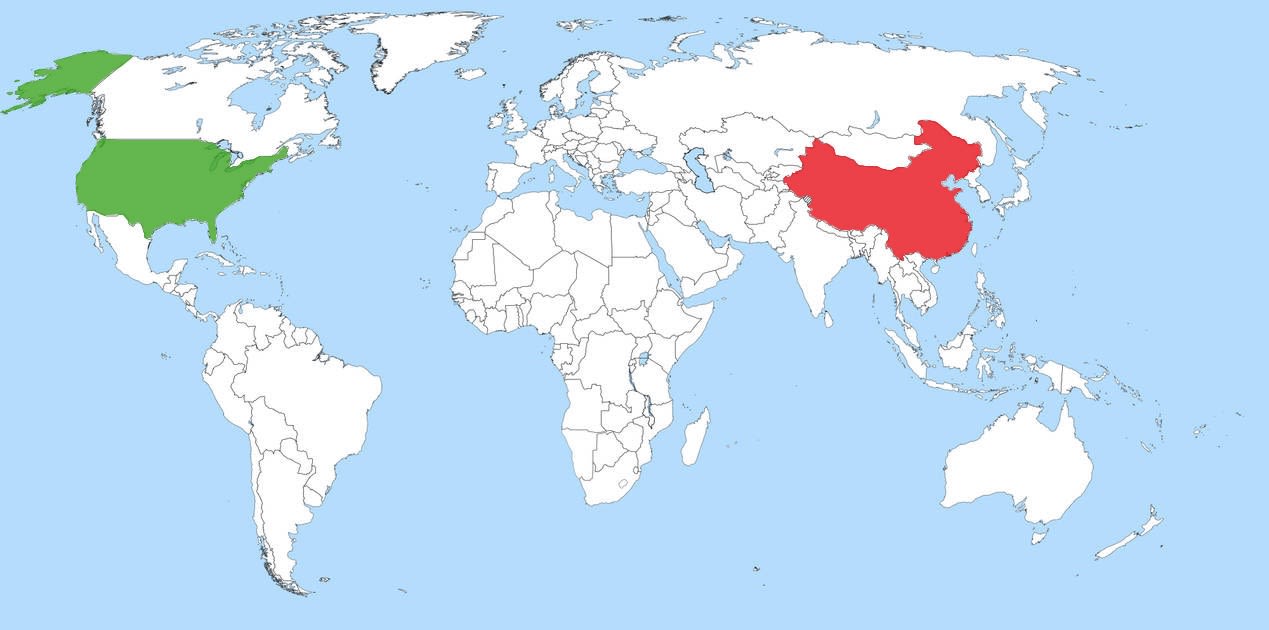
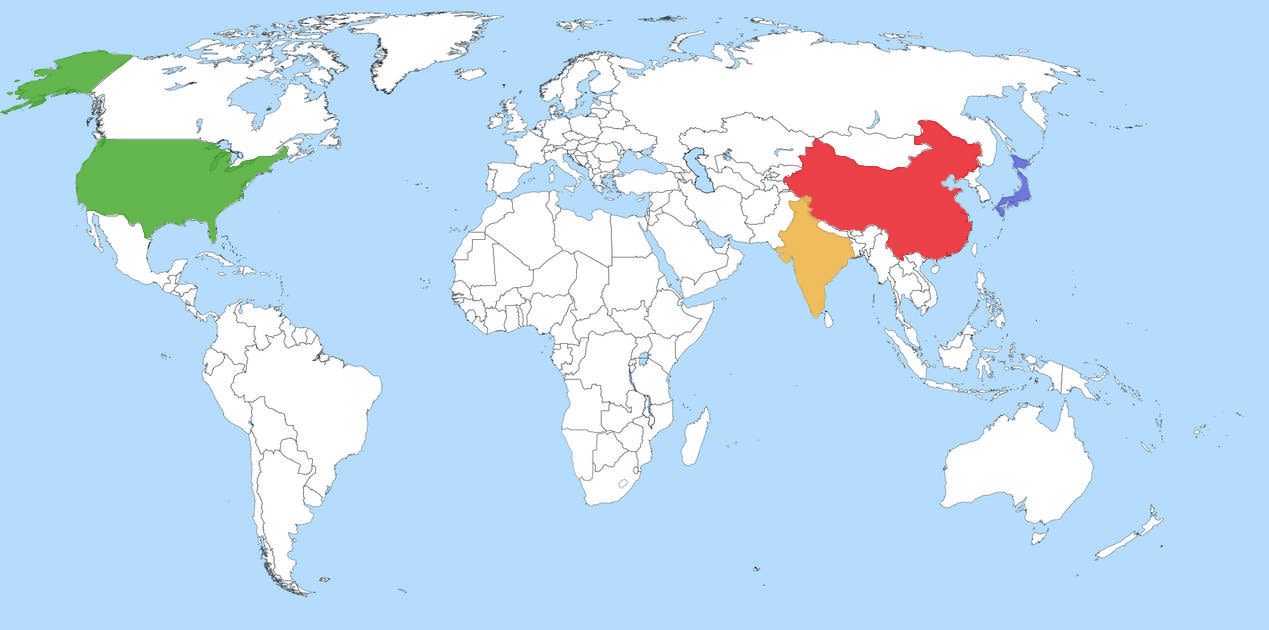
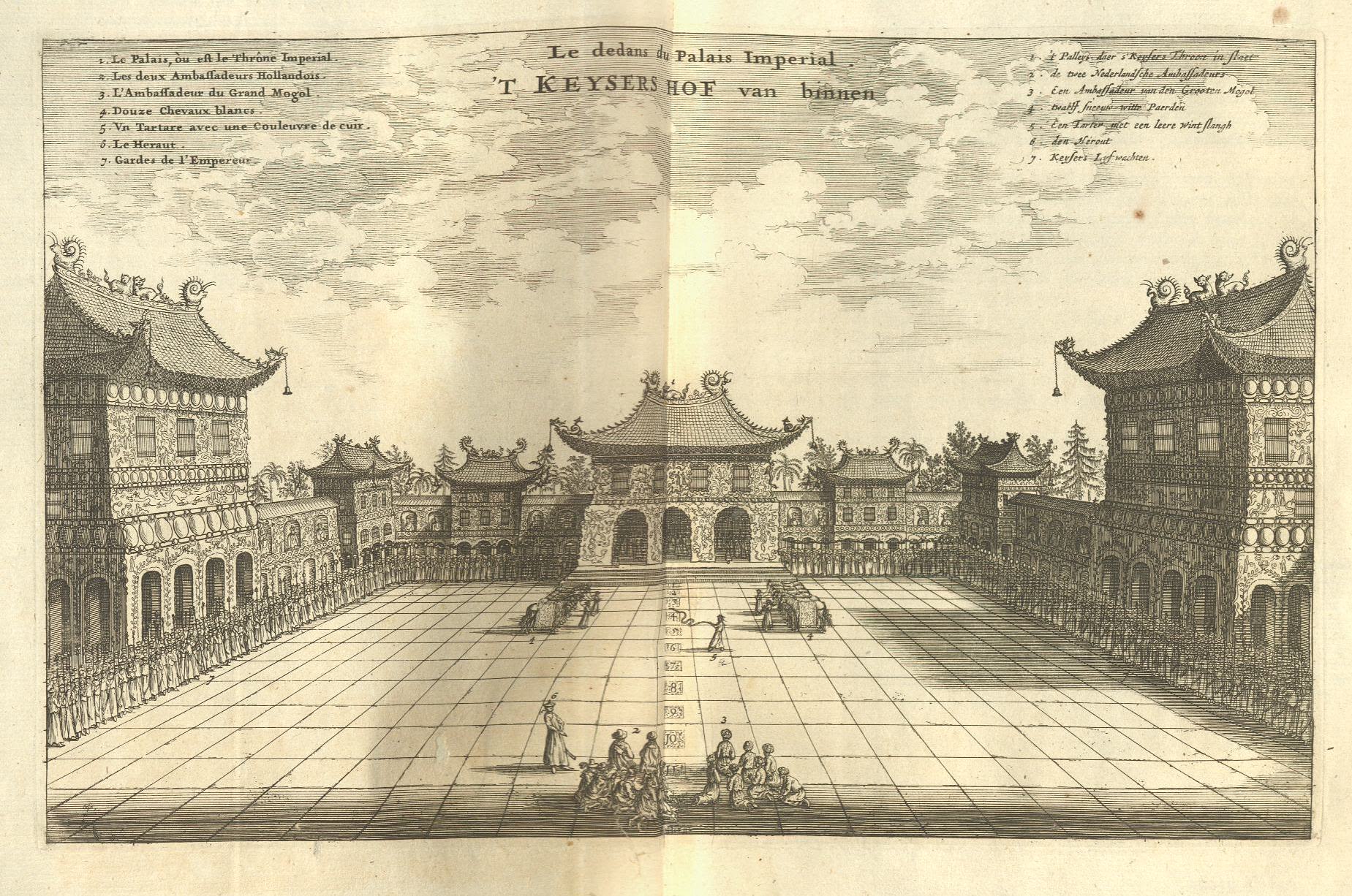
Joan Nieuhoff, L’Ambassade de la Compagnie Orientale des Provinces Unies vers l’Empereur de la Chine, ou Grand Cam de Tartarie, 1665. China was the dreamland of every merchant and especially of every investor throughout Europe. China had the goods that the European markets were thirsting for.
Joan Nieuhoff, L’Ambassade de la Compagnie Orientale des Provinces Unies vers l’Empereur de la Chine, ou Grand Cam de Tartarie, 1665. China was the dreamland of every merchant and especially of every investor throughout Europe. China had the goods that the European markets were thirsting for.
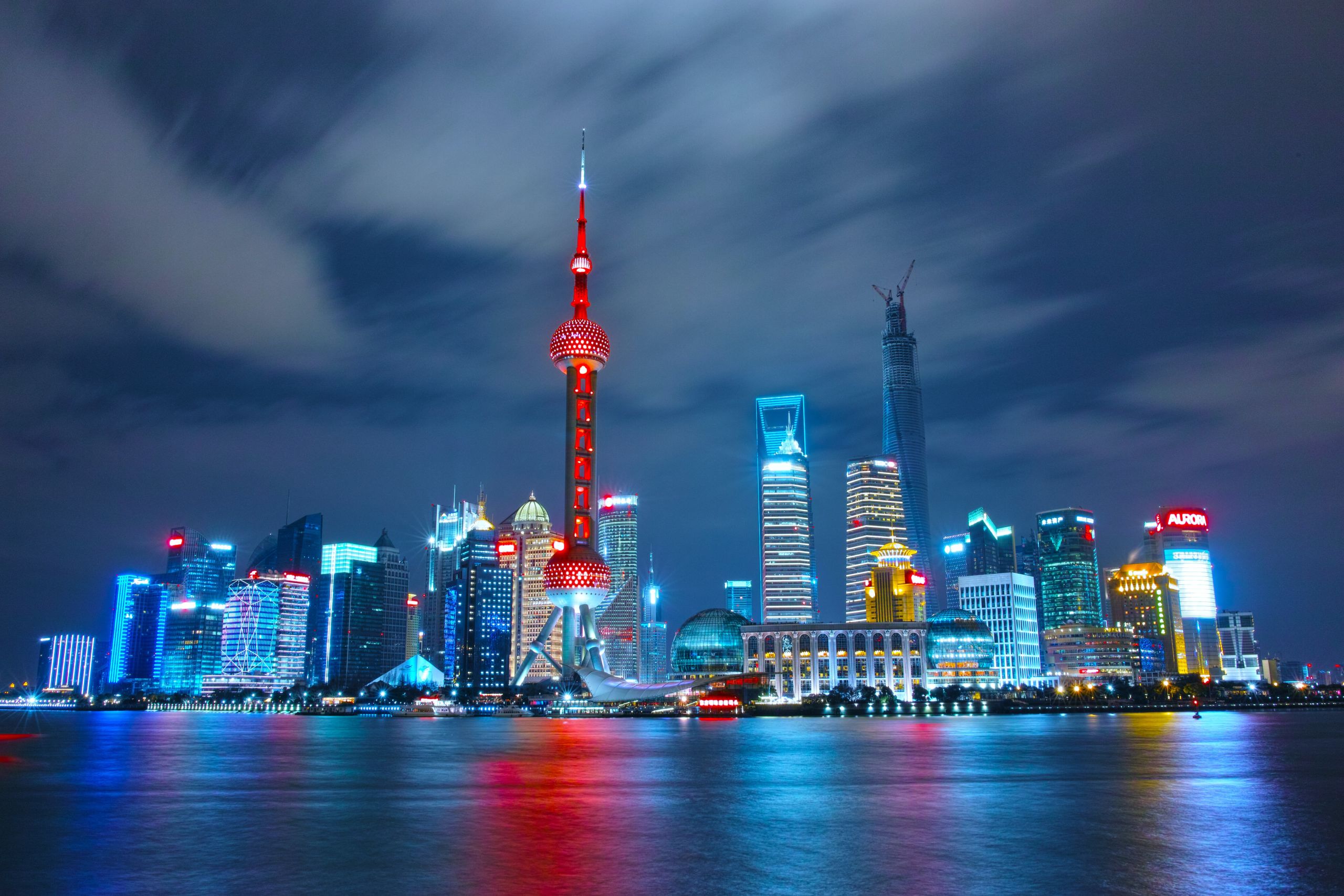
The modern Shanghai.
The modern Shanghai.
Not only to properly gauge the war potential of China's rise, but also to get a good idea of what it means for the world when part of the dominant duopoly is the world power China, it is essential to illuminate the historical context of what is happening today.
China is no newcomer to its role as a world power, no upstart. It has been a hegemonic power for most of its history. It is not without reason that it calls itself the Middle Kingdom, although this central position was explicitly not seen only as a consequence of economic, military and technological power. Also and above all, China saw and sees itself again today as the center of the civilized world.
The new-old World Power
So when we look at the "new", powerful China, we always speak of the new-old world power. In this way, we also contribute to the correct view of recent Chinese history, which is so important for Chinese people. That China in the 19th and in the 20th century had to go through so heavily and frequently at the bottom, that it was still and still humiliated by disasters caused by itself and by others, was not the norm of Chinese history, but an aberration.
Another peculiarity is the state and cultural continuity of China. In the rise and fall of empires, we notice the finality of decay. The Roman Empire completely disappeared from the world map after several centuries of duration. The same fate has befallen countless other empires, from Austria-Hungary to the Ottoman Empire. The British Empire, too, shrank to a few pink dots on the world map. In all cases, there has never been a rebirth of world power status. Sinking into marginality, indeed outright disappearance, was the final fate.
Continuity contra Decay
In contrast, however, China's state and cultural identity has retained its independent character over thousands of years. The China that faces the world today has a similar self-image to the China that was shaped by Emperor Qin Shi Huang, the first emperor of the Qin Dynasty, in the third century BCE. This extraordinary longevity is also manifested in the longevity of Confucianism, the Uyghur understanding of family, state and community. Contributing to this should also be the fact that the Chinese empire has, since time immemorial, seen itself as belonging to the Han community in its ethnic identity through the overwhelming majority of the population.
Tomb with the great terracotta army.
Qin Shi Huang Di" - the first emperor of China, was made king of the state of Qin at the age of 13 (246 BC). In 221 BC he conquered six neighboring countries and unified China for the first time in history.
Achievements of Emperor Qin Shi Huang Di include the unification of the Chinese script and the standardization of the monetary and measurement system. He ensured agricultural reforms and began the construction of a defensive fortress along the northern border, the first Great Wall.
If we want to understand correctly how China positions itself as a leading world power in the community of states, knowledge of Chinese history is indispensable.
From this knowledge one gains the insight that at its core the Chinese state system is not a modern power based on Marxism and communist totalitarianism, but represents the current continuation of an ancient idea of empire.
During the Cold War, with its ideological polarization, it may have been customary to include China in the camp of the communist states. Today, China also lacks a credible classification under these auspices.
2012/13 saw the fourth generational change in the history of the People's Republic proclaimed by Mao Zedong in Beijing's Tiananmen Square on October 1, 1949. Xi Jinping, born in 1953, took over the leadership of the party as general secretary of the CPC, he was elected president of the People's Republic of China by the National People's Assembly, and he assumed the powerful office of chairman of the Central Military Commission qua party chief.
As a result, Xi Jinping, who will run for his third term next year, has accumulated more power and more positions in the party and the state than any other party leader since Mao Zedong.
A self-confident Chinese nationalism.
While the great Chinese reformer Deng Xiaoping, the father of the new China that began to take shape in the late 1970s, focused on pragmatism, Xi Jinping in recent years has clearly played the card of self-confident Chinese nationalism.
Unlike Europe, China has not known the concept of the divine right. In its understanding of the state, there is the so-called "mandate from heaven".
The so-called «Mandate from Heaven» can be forfeited.
The authorities, the emperor, have received a mandate from heaven to rule over the people, the country, and the subjects have the duty to be obedient. Unlike God's grace, however, the mandate from Heaven can be forfeited. Unless the authorities ensure that the people are well off, that the borders are secure, and that the country is strong and prosperous, they forfeit their mandate from heaven and can also be removed by force.
This is the background of the fact that in the course of China's long history, numerous dynasties have succeeded each other. Individual dynasties lasted for centuries, others counted their existence in decades. With the coming to power of the communists, the most recent dynasty, the dynasty of the CPC, has begun. In the current year, it will be one hundred years that the CPC was founded. In 2049, it will be one hundred years that the dynasty of the CPC is in power.
In 2049, it will be one hundred years that the dynasty of the CPC is in power.
Xi is already mentioning this memorable date as a target for China's rise to become a fully developed, modern industrial power.
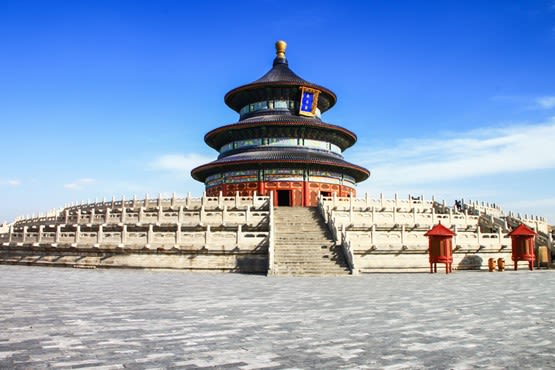
In the eyes of many Chinese, the Communist Party has a mandate from heaven. The mandate of heaven differs significantly from the European concept of God's Grace, which also legitimized unwise rule rather than overthrowing it. Conversely, a successful overthrow was seen as proof of the end of the mandate.
In the eyes of many Chinese, the Communist Party has a mandate from heaven. The mandate of heaven differs significantly from the European concept of God's Grace, which also legitimized unwise rule rather than overthrowing it. Conversely, a successful overthrow was seen as proof of the end of the mandate.
So what is the mandate of China's current leadership?
- It must ensure that the economy continues to grow strongly and that the nation's prosperity increases.
- But it must also ensure that the People's Republic of China is respected in the world.
In dealing with China, it is therefore important that the world respects the important role of giving and keeping face in Chinese culture.
Xi Jinping may be the most powerful Chinese leader since Mao Zedong. But under no circumstances can he afford for China to appear weak and vulnerable in the international arena. How this plays out in dealings with the world will determine war and peace in Asia and beyond in the coming years and decades.
